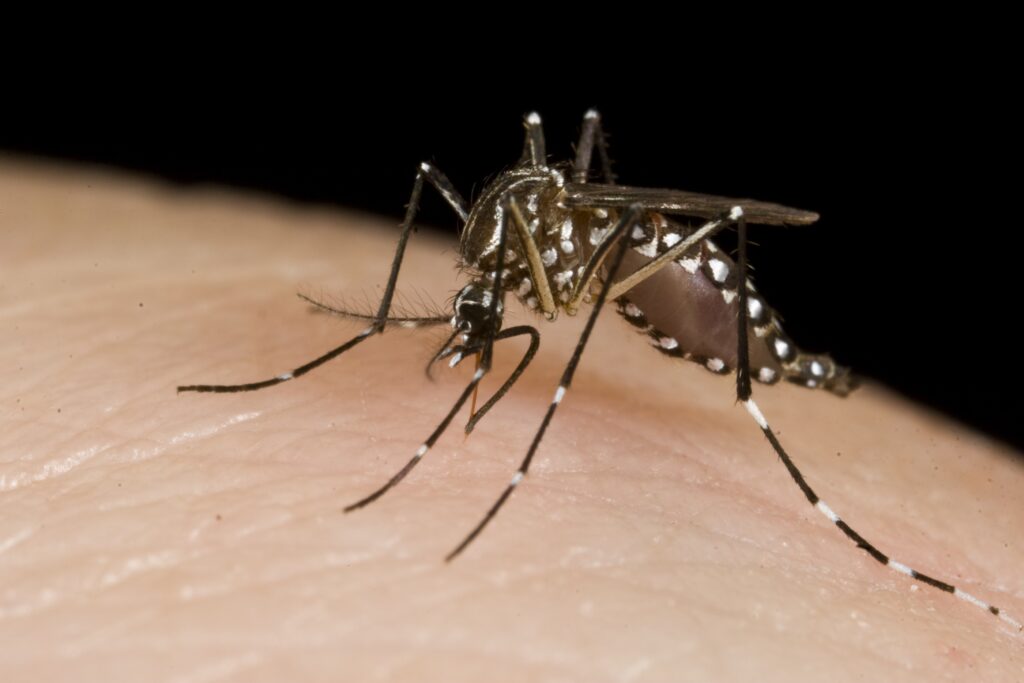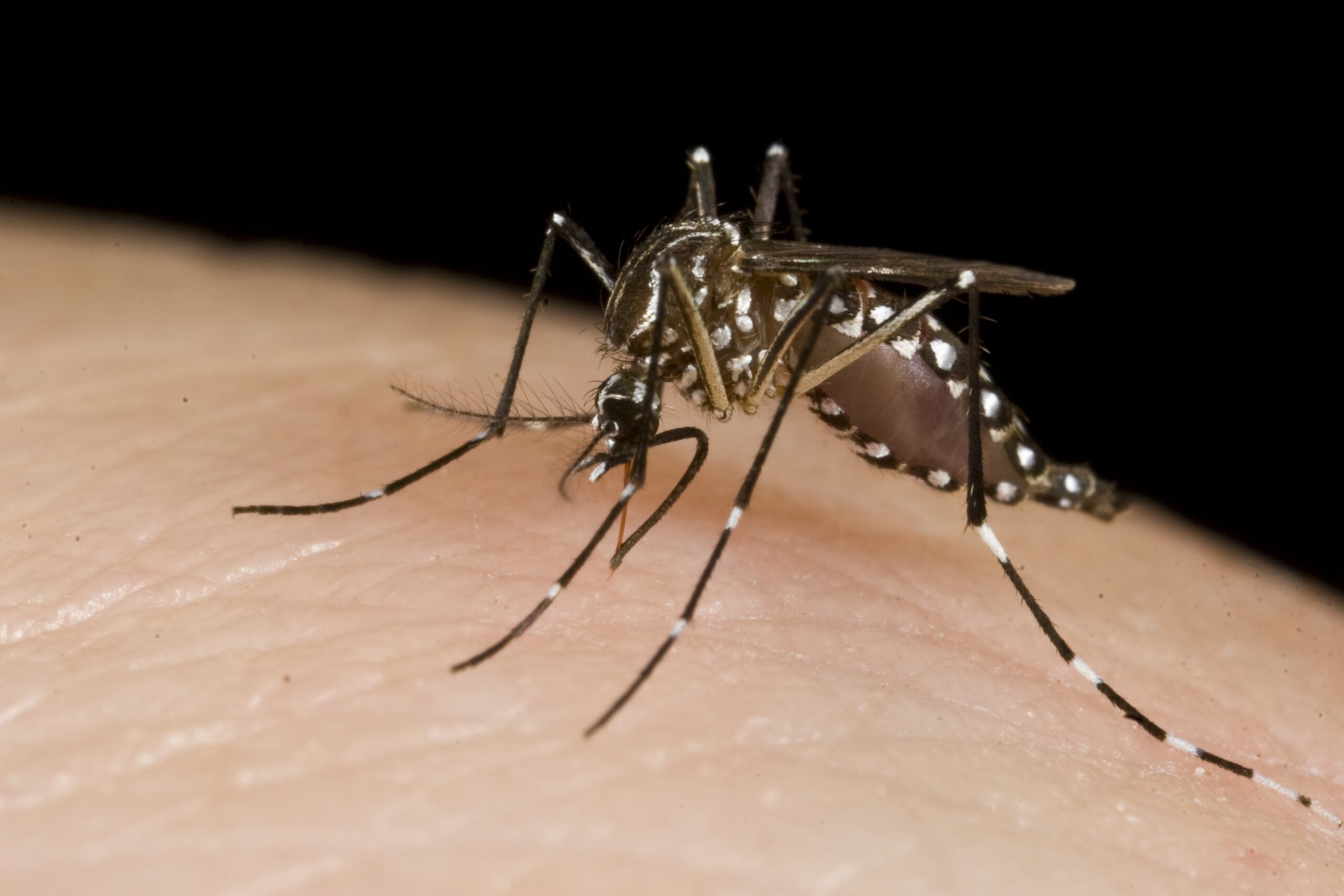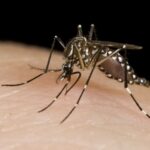Every year on 20 August, the world marks World Mosquito Day, a day dedicated to raising awareness of the dangers posed by mosquito bites and to commemorate Sir Ronald Ross’s 1897 discovery that mosquitoes transmit malaria.
This year’s theme is “Accelerating the Fight Against Malaria for a More Equitable World.” Health experts say the slogan highlights the uneven progress in tackling the disease.
While countries in Asia and Latin America have seen a decline in malaria-related deaths, parts of Africa continue to face devastating losses.
Managing Director, Mbarie Services, Ifeanyi Mbarie said: “On this World Mosquito Day, we are reminded that mosquitoes remain the deadliest creature to humankind, responsible for hundreds of thousands of preventable deaths every year. At Mbarie Services, we believe that protecting communities from mosquito-borne diseases is not only a health priority but also a moral responsibility.
“Too many families, particularly in Africa, continue to lose loved ones because access to prevention and treatment is unequal.
“We stand committed to supporting research, education, and practical solutions such as promoting clean environments to ensure that no child or adult suffers needlessly from malaria. Together, with governments, health professionals, and communities, we can end the needless suffering and move towards a world free from malaria.”
Specialists warn that deep inequality in healthcare systems, alongside limited resources, remains one of the greatest obstacles to eradicating malaria globally.
Who is mostly affected?
According to the World Health Organisation (WHO), mosquito-borne diseases now infect nearly 700 million people annually and claim over one million lives worldwide.
In 2023, malaria alone caused approximately 263 million cases and 597,000 deaths, with 94% of both cases and fatalities concentrated in sub-Saharan Africa, disproportionately affecting children under five.
Sub-Saharan Africa remains worst affected, with countries such as Nigeria, the Democratic Republic of Congo, Mozambique and Uganda carrying the heaviest burden.
Children under five make up nearly 80% of malaria deaths worldwide.

Researchers are optimistic about new tools now being deployed. The RTS,S and R21 malaria vaccines are already being introduced in several African countries, and trials suggest they could save tens of thousands of young lives every year.
Added to this are improved insecticide-treated nets and studies into genetically modifying mosquitoes to stop them carrying malaria. But doctors stress that innovation alone is not enough.
“These solutions must reach the people who need them most,” said Dr Sheila Onwu, a global health specialist.
Health practitioners are warning against complacency. Campaigners argue that without sustained investment, fragile health systems and limited education at community level could undermine progress.
“The tools are there, but political will is crucial,” experts said.
On World Mosquito Day 2025, leaders are urging governments, charities and the public to work together to finally end malaria, one of the oldest and deadliest diseases still claiming lives today.




























